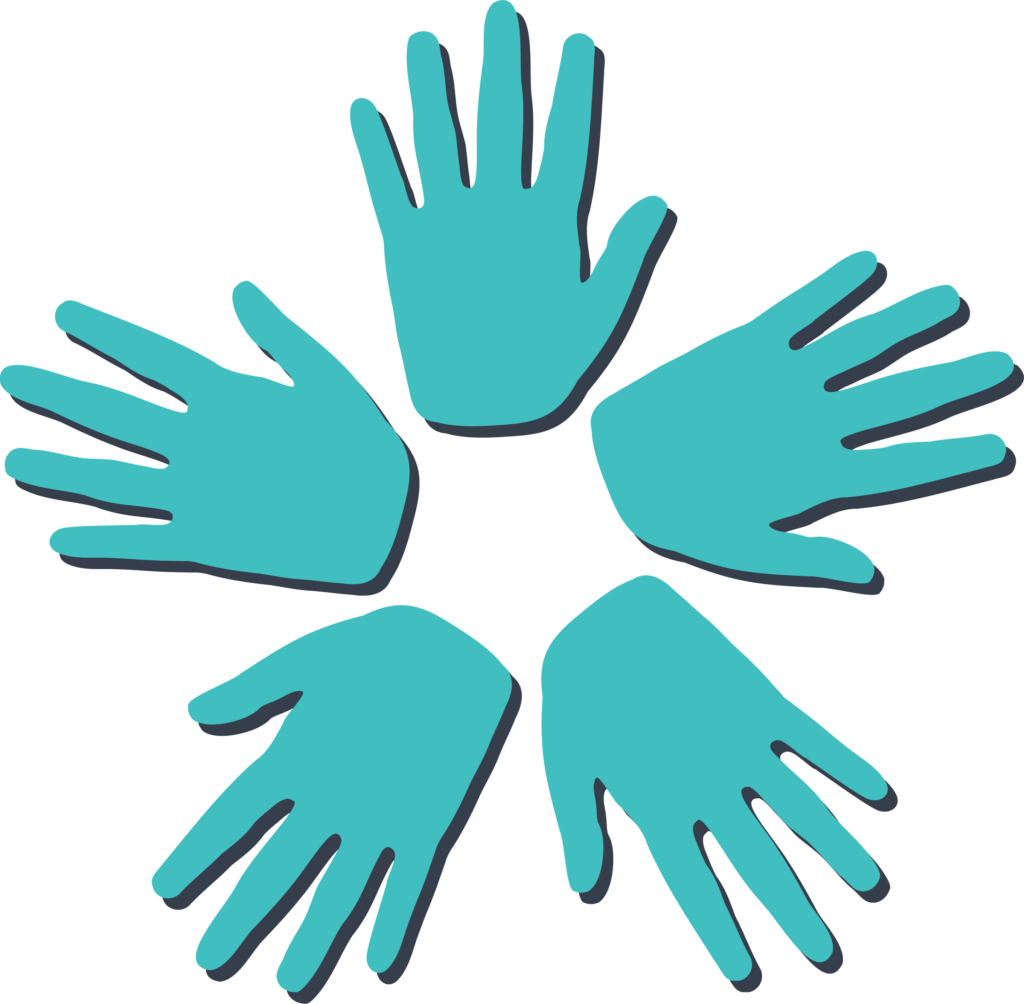Mental Health

Mental Health Resources
__________
Various factors can affect an unaccompanied child’s mental health:
- traumatic experiences
- personal losses related to separation from their loved ones in their home countries
- migration and the adjustment of adapting to a new caregiver, home environment, school, and community
- stresses of daily living related to school, family, and social relationships
These situations can lead to adjustment difficulties and symptoms of depression or anxiety, among other challenges.
The links below provide general information on mental health warning signs and symptoms, and when to seek additional help for a youth.
- Warning Signs and Symptoms of a Mental Health Condition (NAMI)
- Youth Mental Health (Mental Health America)
- Symptom Checker (Child Mind Institute)
- Every Day is Mind Day: Mental Health Toolkit for Young People (UNICEF)
It is also important to consider the mental health of providers. The following link provides helpful information about how an environment can impact your mental health and how to improve mental well-being.
- 2023 Mental Health Month Toolkit (Mental Health America)
Most unaccompanied children have experienced some type of trauma in their lives pre-, during, and/or post-migration. These resources from the National Child Traumatic Stress Network (NCTSN) provide more information on the unique traumas experienced by UCs, and help providers increase their understanding in order to better support unaccompanied children:
- About Child Trauma
- What Is Complex Trauma?
- Trauma and Unaccompanied Migrant Children
- Refugee Trauma
- Childhood Traumatic Separation – Information for Professionals
- Traumatic Separation and Refugee & Immigrant Children – Key Points and Tips for Caregivers
Other resources:
Grief can significantly affect a young person’s emotional and psychological well-being. For unaccompanied children and youth, experiences of loss—including separation from family, death of a loved one, or changes in caregiving—may lead to feelings of confusion, sadness, guilt, or anger. These responses can vary widely depending on a child’s age, developmental stage, and cultural background.
The following resources offer guidance on recognizing grief responses in youth and strategies for supporting grieving children and teens.
- About Childhood Grief (NACG)
- Interconnected: Changing the Landscape of Grief Support for Latino Families (Dougy Center)
- Being Grief-Informed: From Understanding to Action (Dougy Center)
- Developmental Responses to Grief (Ages 2–18) (Dougy Center)
- Helping Teens Cope with Death: A Guidebook for Educators and Caregivers (Dougy Center)
- Key Points When Talking to Children & Teens About Death & Dying (NACG)
For Youth
- The Grieving Child’s Bill of Rights (Dougy Center)
- Responding to Change & Loss | English, Spanish (NACG)
More Support
There are various risk factors that may lead a youth to have suicidal thoughts or to harm themselves. Some include: depression, trauma, difficulty coping with intense emotions, stress and challenges at home and school, bullying, and feeling alone, misunderstood and like they don’t belong.
A threat of suicide or self-harm should always be taken seriously. The resources below provide information on assessing suicide risk and helping youth in crisis:
- What to Do If You Think a Person Is Having Suicidal Thoughts (SAMHSA)
- Suicidal Ideation Risk Assessment (Minnesota Department of Health)
- Suicide Risk Assessment (USCRI)
- Suicide Assessments (American Counseling Association)
- Suicide Prevention Safety Plan Template – English and Spanish (USCRI)
- Assessment, Diagnosis and Treatment Planning (Counseling Today)
The following resources provide additional guidance, training, and information for providers looking to learn more about mental health and unaccompanied children:
- Trauma-Informed Care: Understanding and Addressing the Needs of Unaccompanied Children (NCTSN 4-part training series)
- Stress & Trauma Toolkit for Treating Undocumented Immigrants in a Changing Political and Social Environment (APA)
- Spanish Clinical Language and Resource Guide (Washburn Center)
- Physical Symptoms of Depression (Psych Hub)
The following resources contain information for providers and families to support mental health:
- The National Network for Immigrant & Refugee Rights (NNIRR): Has a Mental Health for Migrant & Refugee Communities web page that lists additional mental health-related resources for migrant families, children, youth, and others.
- United We Dream: Compiled a mental health directory of therapists around the U.S. who serve immigrants and undocumented individuals at low or no cost.
- Immigrants Rising Wellness Support Groups: 6-week groups led by trained mental health providers. The groups are designed to help undocumented people feel less alone and more understood.
Resources for Families in Spanish
Our UC Resource Center offers videos and handouts in Spanish for families on the topic of Mental Health. Click the link to browse the resources and share them with your Spanish-speaking clients!
Other resources:
- Suicide & Crisis Lifeline: 988 (SAMHSA)
- Jóvenes en Crisis hotline: 1-800-448-3000 (Boys Town)
- USA Hello: Has a webpage in several languages that provides information on mental illness, mental health treatment, and mental health resources for immigrants in the U.S.
Our UC Resource Center offers videos and handouts in Spanish for families on the topic of Mental Health. Click the link to browse the resources and share them with your Spanish-speaking clients!
Other resources:
- Suicide & Crisis Lifeline: 988 (SAMHSA)
- Jóvenes en Crisis hotline: 1-800-448-3000 (Boys Town)
- USA Hello: Has a webpage that provides information on mental illness, mental health treatment, and mental health resources for immigrants in the U.S.
El Comité Estadounidense para Refugiados e Inmigrantes (USCRI) hace todo lo posible por mantener actualizado el contenido del centro de recursos para jóvenes inmigrantes. Sin embargo, es posible que parte de la información cambie con el tiempo debido a la naturaleza en la que van evolucionando los temas incluidos. Se recomienda a los usuarios que verifiquen los detalles críticos con las organizaciones y/o profesionales correspondientes.
Los recursos externos proporcionados en esta biblioteca reflejan las opiniones y puntos de vista de sus autores originales y no necesariamente representan los de USCRI.
ÚLTIMA ACTUALIZACIÓN: febrero de 2026
U.S. Committee for Refugees and Immigrants (USCRI) makes every effort to keep the content within the UC Resource Center up-to-date. However, some information may change over time due to the evolving nature of the topics covered. Users are encouraged to verify critical details with the appropriate organizations and/or professionals.
External resources provided in this library reflect the views and opinions of their original authors and do not necessarily represent those of USCRI.
LAST UPDATE: February 2026











